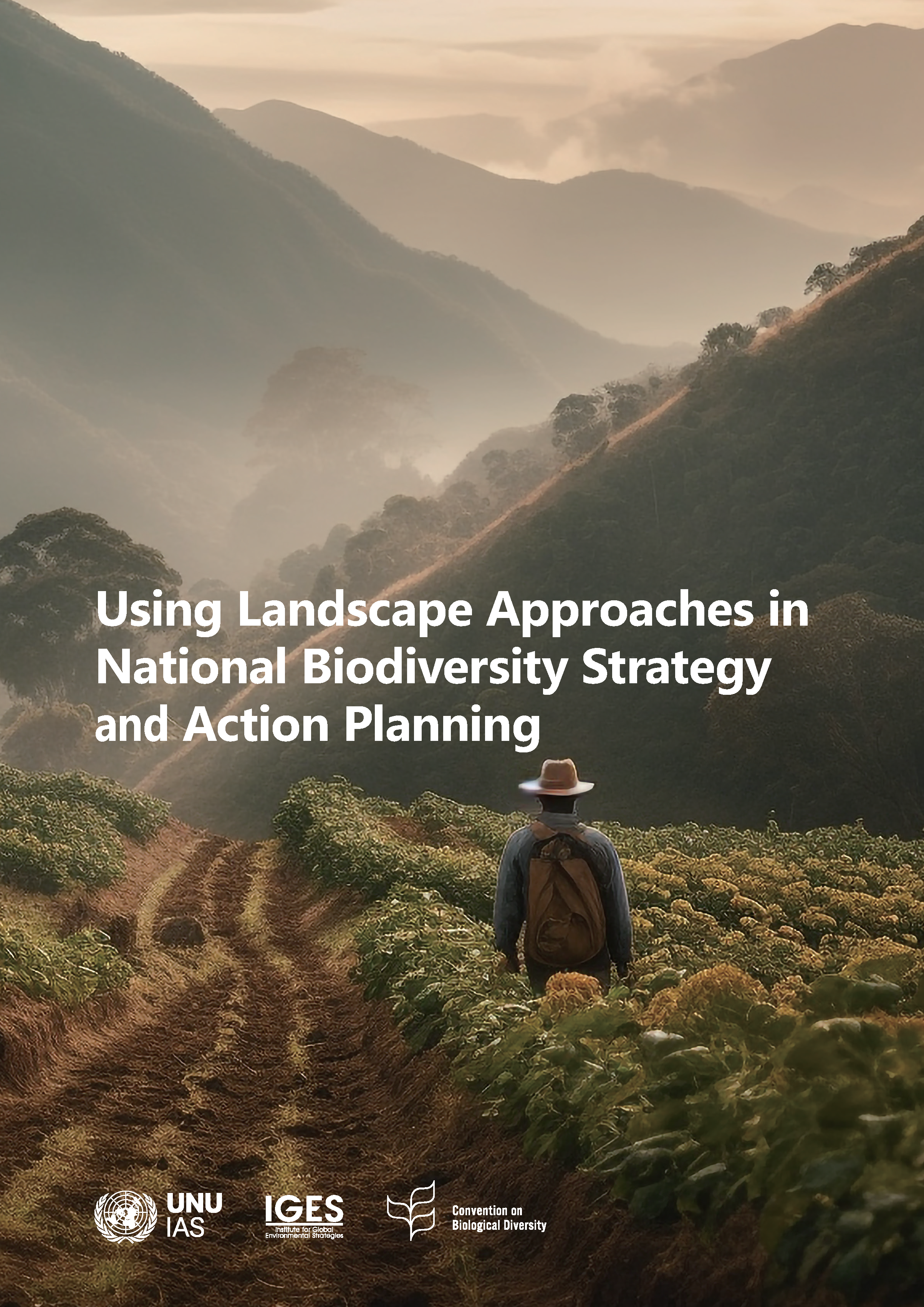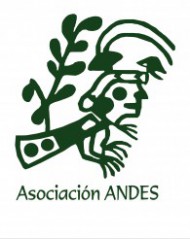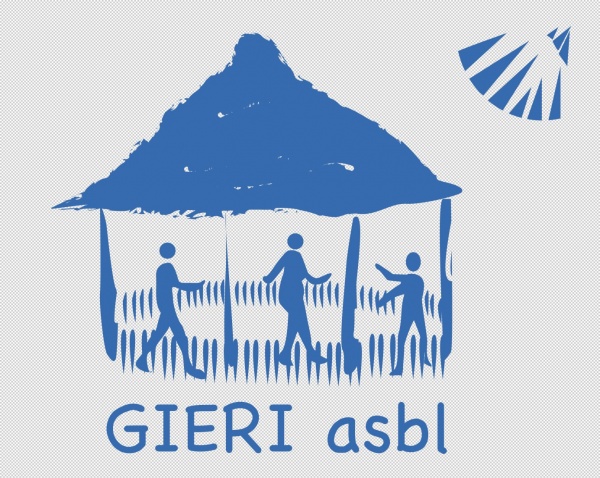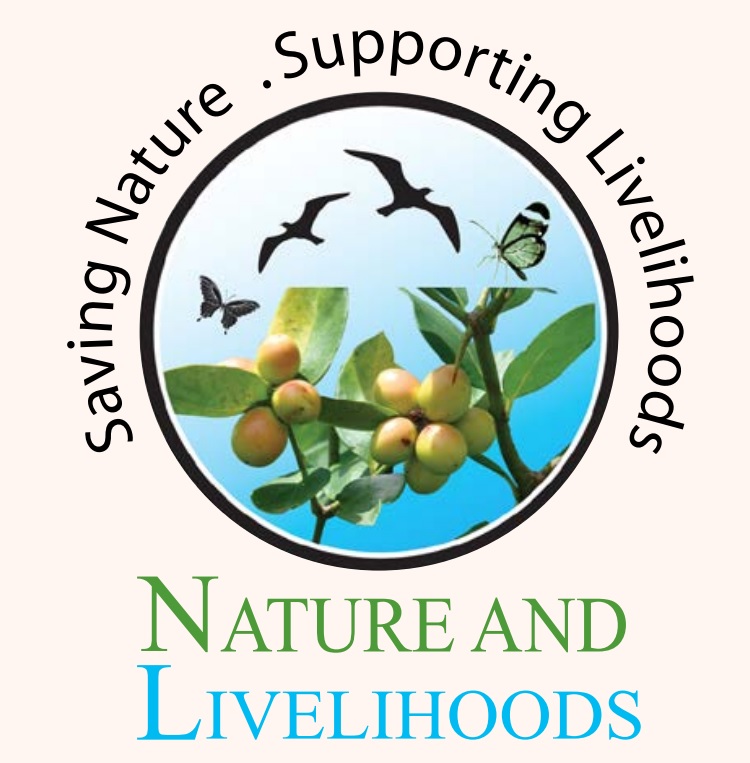The International
Partnership
for the Satoyama
Initiative (IPSI)
More information on these concepts is
provided in the following pages
Video, 2018 Hualien Forest District Office,
Forestry Bureau, COA and the Vision Way
Communication Co LTD

NEWS
-
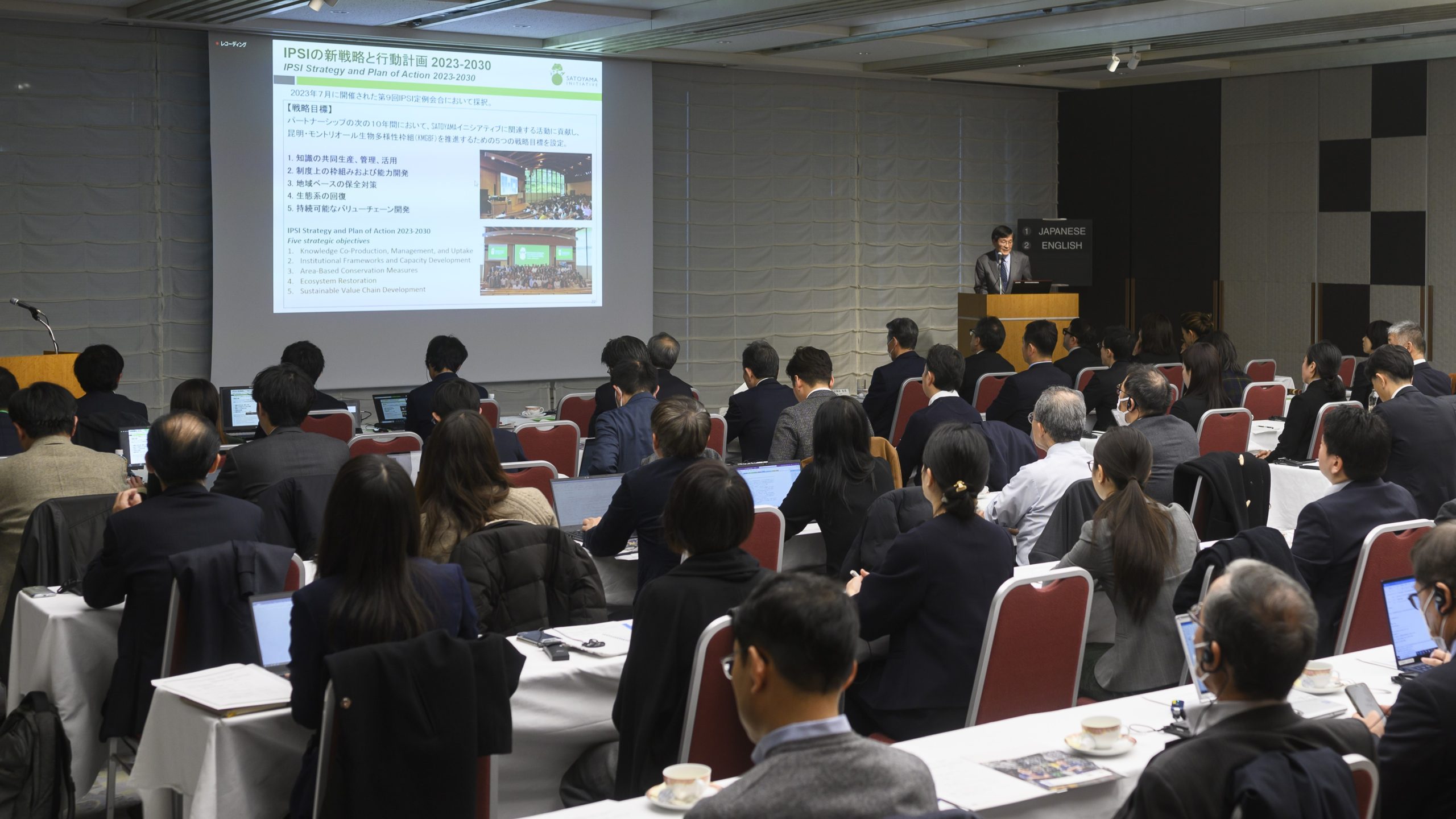 Others
OthersEvent Spotlights Impact of COMDEKS for Local Communities
An event organised by the the Keidanren Committee for Nature Conservation and UNDP shared lessons learned from the Community Development and Knowledge Management for the Satoyama Initiative (COMDEKS) project.
2024.02.19 -
 Announcements
AnnouncementsTen New Members and Three IPSI Collaborative Activities Endorsed
We are pleased to announce the IPSI Steering Committee recently endorsed ten new member organizations. Bringing IPSI’s total membership to 314 organisations!
2024.02.14 -
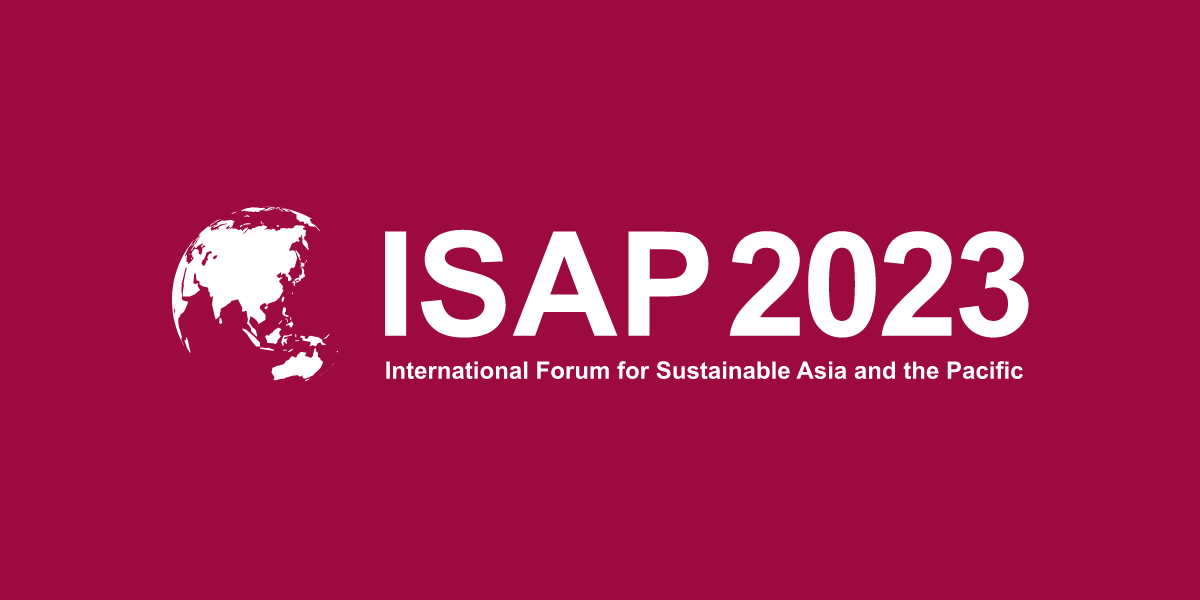 SDM
SDMSession at ISAP 2023 Highlights Projects of the Satoyama Development Mechanism
A session of the 15th International Forum for Sustainable Asia and the Pacific discussed successful projects funded by the mechanism.
2024.02.01
EVENTS
-
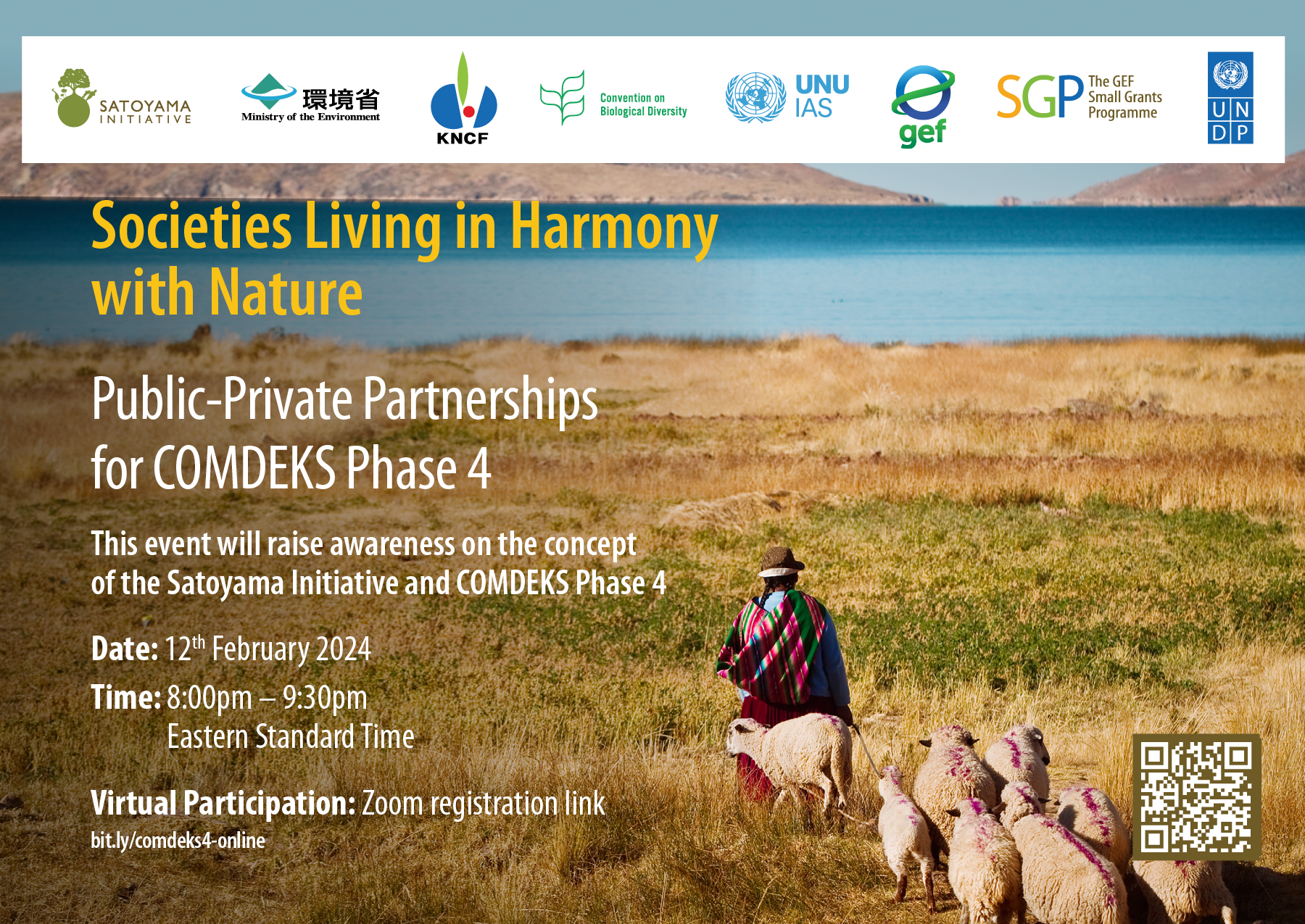 Other events
Other eventsSocieties Living in Harmony with Nature: Public-Private Partnerships for COMDEKS Phase 4
2024.02.12 -
 Other events
Other eventsISAP 2023: SEPLS Management as Integrated, Inclusive and Localised Actions towards a Nature Positive Society
2023.12.14 -
2023.11.20|Other events
COP28 Event - From Reaction to Socio-Ecological Resilience
-
2023.06.09|IPSI Global Conference
Reshaping Our Future: Public Forum of the 9th IPSI Global Conference
-
2023.04.03|IPSI Global Conference
Registration Open! The Ninth IPSI Global Conference (IPSI-9)
CASE STUDIES
IPSI case studies are intended to crystallize IPSI members’ experiences working for SEPLS, which can vary greatly due to the wide range of different regions and ecosystem types, issues being addressed, and approaches and methods used. Case studies should therefore address authors’ experiences and contain useful information about their activities in conserving and revitalizing SEPLS as well as cautionary points and lessons learned.




